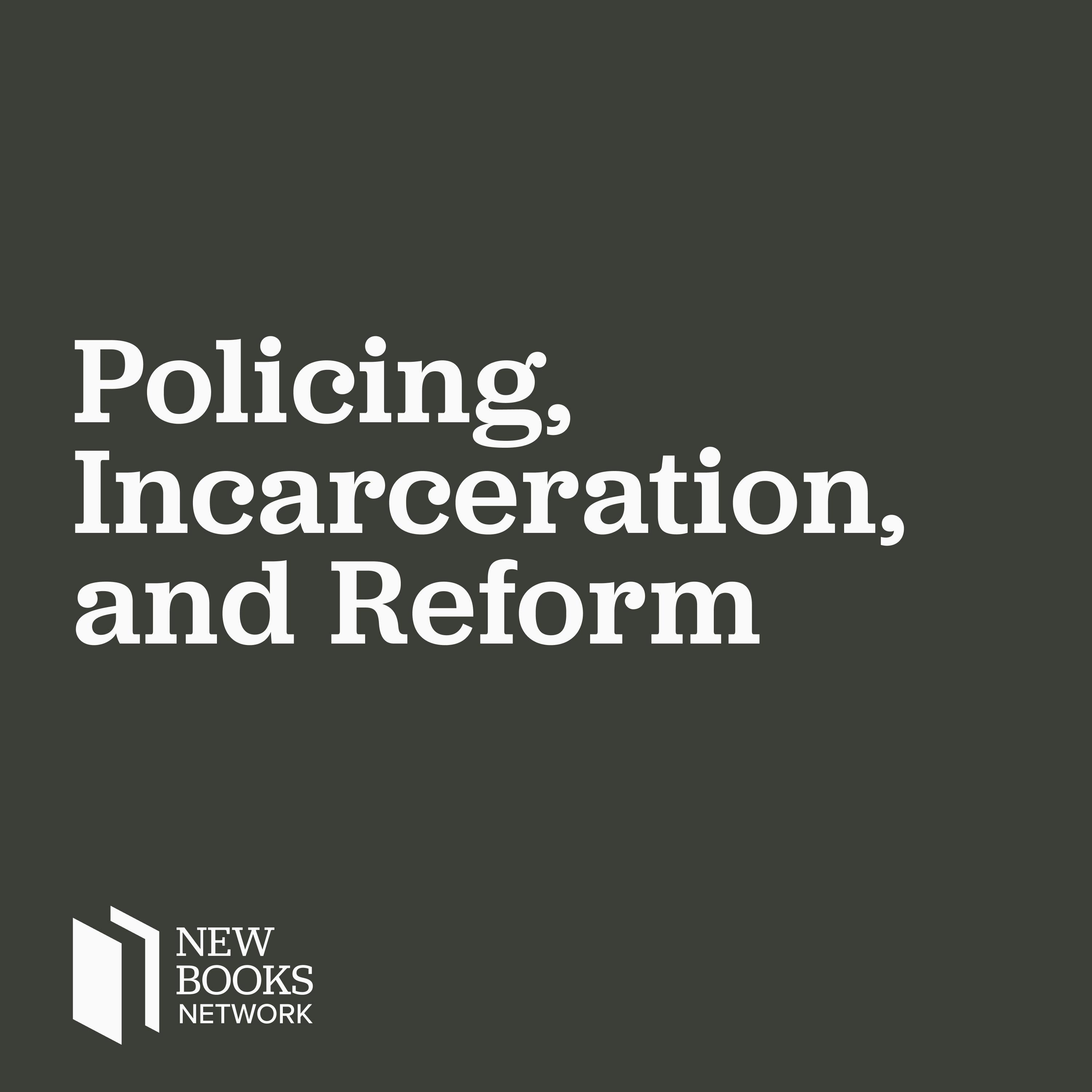Brianna Nofil, "The Migrant's Jail: An American History of Mass Incarceration" (Princeton UP, 2024)
Description
Today, U.S. Immigration & Customs Enforcement (ICE) detains an average of 37,000 migrants each night. To do so, they rely on, and pay for, the use of hundreds of local jails. But this is nothing new: the federal government has been detaining migrants in city and county jails for more than 100 years.
In The Migrant's Jail: An American History of Mass Incarceration (Princeton UP, 2024), Brianna Nofil examines how a century of political, ideological, and economic exchange between the U.S. immigration bureaucracy and the criminal justice system gave rise to the world's largest system of migrant incarceration. Migrant detention is not simply an outgrowth of mass incarceration; rather, it has propelled carceral state-building and fostered intergovernmental policing efforts since the turn of the twentieth century.
From the incarceration of Chinese migrants in New York in the 1900s and 1910s to the jailing of Caribbean refugees in Gulf South lockups of the 1980s and 1990s, federal immigration authorities provided communities with a cash windfall that they used to cut taxes, reward local officials, and build bigger jails--which they then had incentive to fill. Trapped in America's patchwork detention networks, migrants turned to courts, embassies, and the media to challenge the cruel paradox of "administrative imprisonment." Drawing on immigration records, affidavits, protest letters, and a variety of local sources, Nofil excavates the web of political negotiations, financial deals, and legal precedents that allows the United States to incarcerate migrants with little accountability and devastating consequences.
Learn more about your ad choices. Visit megaphone.fm/adchoices
More Episodes
We recently marked the 50th Anniversary of Terry vs. Ohio, the US Supreme Court case that dramatically expanded the scope under which agents of the state could stop people and search them. Taking advantage of a North Carolina law that required the collection of demographic data on those detained...
Published 10/08/24
Published 10/08/24
The image of the sheriff is deeply embedded in American culture – from pacifist Jimmy Stewart in Destry Rides Again and gun averse Roy Scheider in Jaws to those more comfortable wielding power like Gene Hackman in Unforgiven, Tommy Lee Jones in No Country for Old Men, and Gary Cooper in High...
Published 09/30/24


